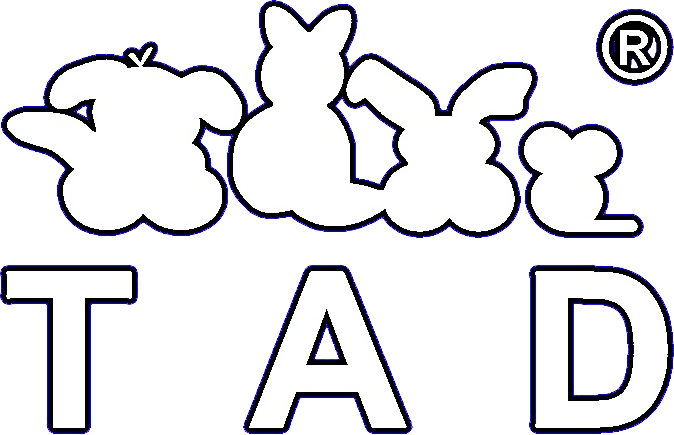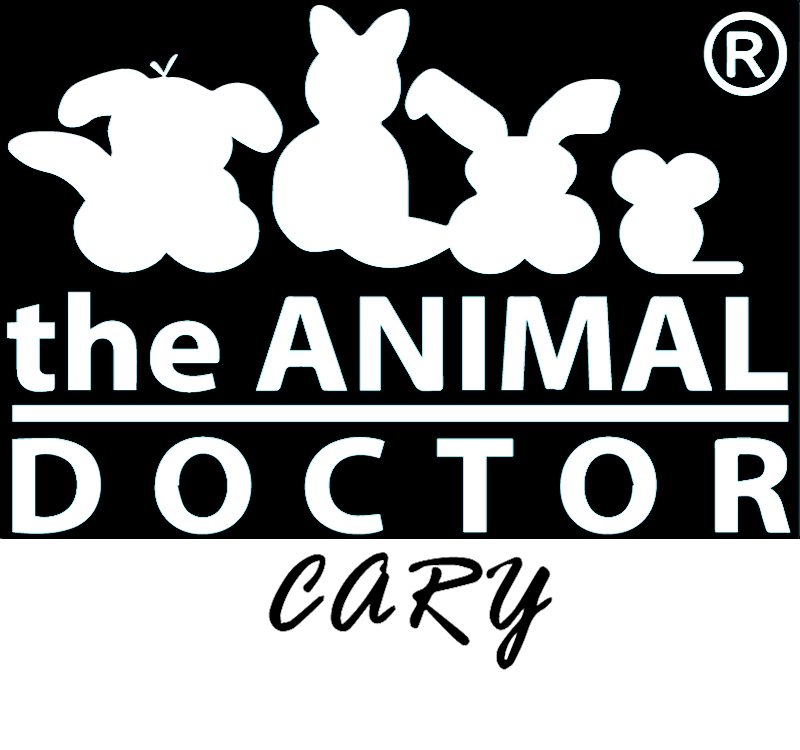Client Info
We are happy to provide you with a written estimate of any service. Visit The Animal Doctor today and learn more about our veterinary services.
The Animal Doctor – Client Resources
Payment Information
We are happy to provide you with a written estimate of any service. Please realize that this is an estimate, and it is sometimes difficult to anticipate an individual pet’s treatment needs. A deposit may be required at the time of hospitalization. Our policy is that payment is made in full when services are rendered. We accept all major credit cards, debit cards, Care Credit, and personal checks with proper identification.
Surgery Information
Pre-Operative Information
Your dog or cat should fast (have no food) for 10-12 hours, and their water should be picked up first thing in the morning. Small mammals (i.e., rabbits, ferrets, guinea pigs, etc.) should have food and water removed first thing in the morning. Your pet must not have been given aspirin within five days before the day of surgery. Drop-off for surgical procedures is between 7:30 and 8:00 a.m. If not done already, blood work will be run before surgery. If there are any concerns with the blood work, someone will call to discuss the results and possibly reschedule the surgery. If you are not contacted, the blood work was within normal limits, and we will proceed with the procedure. Once your pet has recovered, you will be contacted with an update and given a pick-up time.
Post Sedation Information
Your pet received anesthetic compounds today and thus may be sleepy or quieter than usual over the next 24 to 48 hours. It is common to hear mild coughing secondary to the endotracheal tube used to administer gas anesthetic and oxygen. Sometimes after receiving anesthetic agents, there may be some nausea noticed. This may result in vomiting after the first few meals during the first 24 hours post-anesthesia. If vomiting persists after the first 24 hours, please call. When a pet returns home, excitement may cause it to drink and eat excessively. You should not give your pet food or water as soon as you get home. Wait for at least one hour and start with a small amount. If your pet exhibits any of the following symptoms for more than two days, please contact us immediately: Weakness or depression, vomiting, diarrhea, coughing, loss of appetite, OR refusal to drink water for more than one day.
Post Surgical Information
Limit your pet’s exercise for ten days after surgery. Do not allow jumping, running, or climbing stairs. Watch for any excessive redness, swelling, or discharge associated with the surgical site/incision. Prevent your pet from licking or scratching the bandage or incision. If this occurs, you must use an Elizabethan collar or a non-chew spray(bandages only). The incision/bandage needs to stay dry for ten days following the procedure – no bathing or swimming. If there are visible skin sutures or staples, please schedule an appointment for removal as directed.
Post-Oral Surgery/Extraction Information
You may need to soften your pet’s food with warm water or use canned food for ten days, making it easier to chew and swallow. Avoid all hard food and chewing materials for ten days(no toys, bones, hard treats, etc.). Rinse your pet’s mouth as directed with the rinse provided. This helps to keep the surgical site clean while the tissues are healing. The gingival tissue was sutured to close the extraction site(s). The suture is absorbable and does not need to be removed. The time of absorption can vary from two to four weeks. A small amount of blood oozing from the site is normal. If your pet experiences continued bleeding, call us immediately to determine the nature of the bleeding. Your pet may rub the side of its face where the extraction was performed. If this becomes a problem, please call. Any foul odor from the mouth is abnormal and should be reported to us. Your pet should be eating a normal amount of food within 24 hours. If your pet is not eating normally, please call. Please make an appointment in two weeks to re-evaluate your pet’s mouth. Begin regular home care and brushing after your recheck appointment. Daily brushing is the most effective way to prevent periodontal disease in your pet.
Bandage Information
It is very important to keep your pet’s bandage clean and dry. Protect the bandage if the ground is wet or damp when going outside by using a plastic bag. Check the bandage daily for foul odors, moisture, or discharge. Check the areas above and below every day for swelling.
Blood Work Information
Your pet is recommended to fast (no food) for 8 to 12 hours before most blood draws. Water is okay to have during this time. It may be necessary to hospitalize your pet because certain blood tests require medication to be given at a specific time. The test for thyroid medication should be 4 to 6 hours after the medication was given, whereas the phenobarbital test should be 6 to 9 hours after the medication was given.
Vet/Patient Relationship
State and Federal law require a valid VCPR (Veterinary Client Patient Relationship) for your pet to receive prescription medication and prescription diets. This means the veterinarian has recently examined your pet for the condition requiring the prescription.
After Hour Emergency
Please contact Companion Animal Specialty and Emergency Hospital at:
1095 Pingree Rd., # 120
Crystal Lake, IL 60014
(815) 479-9119
Visit their site for more information.

